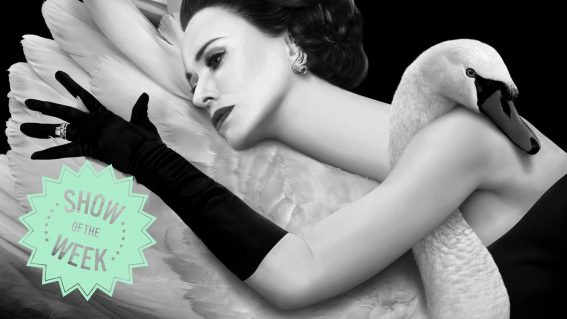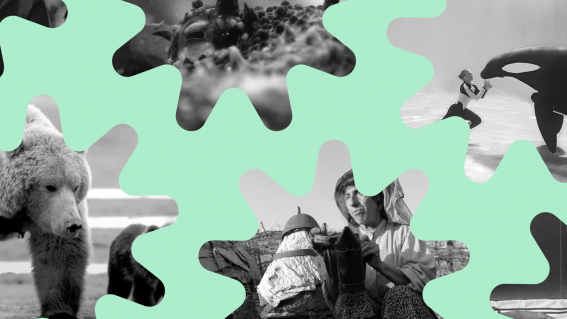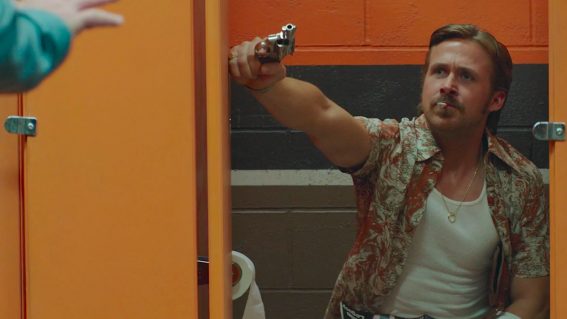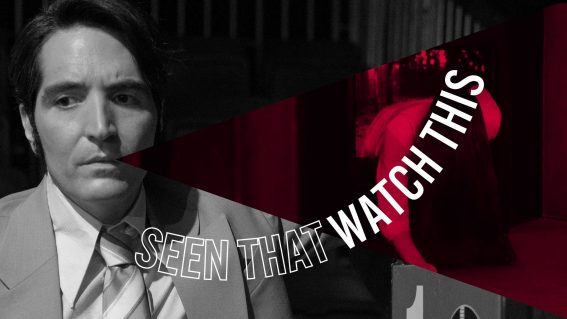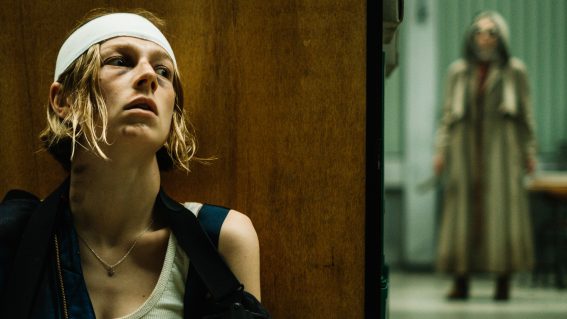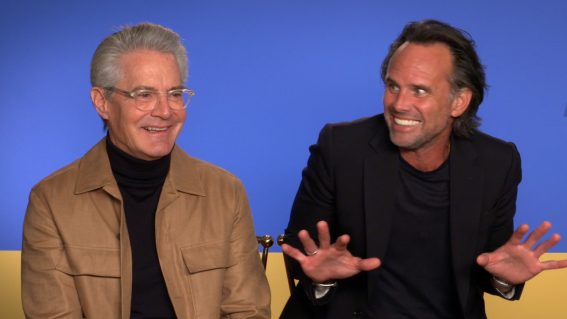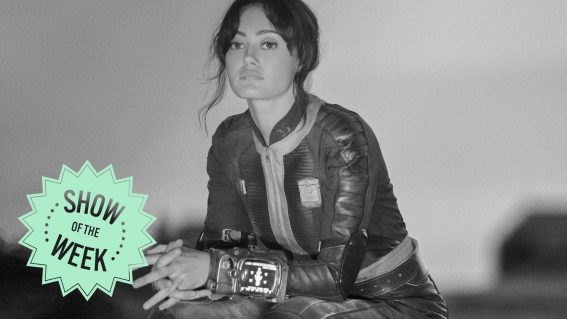How Badly Did This Year Suck for New Zealand Film?
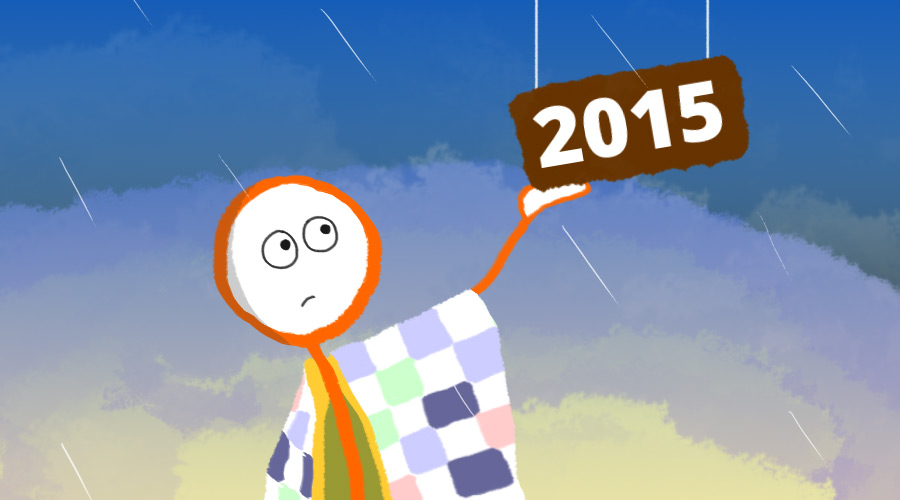
Last year was a landmark in New Zealand cinema history. Kiwi filmmakers were smashing it in almost every single genre with horror comedy Housebound, crime thriller The Last Saint, moody drama Everything We Loved, te reo action film The Dead Lands, indie romance Sunday, self-funded sci-fi Jake, funny found-footage fantasy What We Do in the Shadows, and NZ Film of the Year The Dark Horse. With all those narrative releases, 2014 was an undeniably golden year for our country’s film industry.
And then there’s 2015…
Wow, what the hell happened? With barely any homegrown narrative features released in cinemas and/or straight-to-video, NZ cinema has gone from a triumphant sprint to an embarrassing hobble. I guess we pulled a hammy or something.
Sure, we’ve seen SOME local releases: recent dance flick Born to Dance, heavy metal splatter comedy Deathgasm, zombie meta-comedy I Survived a Zombie Holocaust, parody sequel Ghost Shark 2: Urban Jaws, we played small parts in making Slow West and Turbo Kid happen as well. However, putting critical reception aside, comparing these films with last year’s based on cinema attendance and revenue gained yields the result of a sad puppy holding a dying flower.
Zombie Holocaust and Ghost Shark 2 played only a handful of times in cinemas before going straight to VOD here and here.
Deathgasm shredded crowds with a strong run at the New Zealand International Film Festival but never saw a general release. (Thankfully, it’s secured both a DVD and Blu-ray release and is out right now.)
Turbo Kid has also seen its fair share of film festival success, but unfortunately found even more popularity on torrent sites.
Born to Dance is still doing the cinema rounds across the nation (and now Australia). It’s proven to be a crowd-pleaser, although the actual number of crowds that turned up to cinemas was a little underwhelming.
(Oh, I completely forgot about The Dead Room’s limited nationwide release. Although, according to the NZ Box Office, so did the rest of the country.)
I could spend hours gathering some actual numbers from 2014 and 2015 to make this point stronger, but it’s easier to state: we’re not even getting a national film awards this year. Instead, it’s been pushed back to mid-2016.
“There simply won’t have been enough narrative features released in 2015 to make the event as comprehensive,” said an official press release from The Rialto Channel New Zealand Film Awards. “Delaying the event will stack the potential nominations with a more diverse and stronger mix, especially given the apparent number and quality of productions currently in post-production.”
So that sucks.
You can’t fault that reasoning, either. If we ignore both star ratings and statistics, we’re still looking at a huge lack of diversity in this year’s films. We have a dance film, a gory horror comedy, a zombie horror comedy, a shark horror parody, a paranormal horror, and a homage to the ‘80s. Only Born to Dance makes a genuine attempt at drama, but even the biggest fan of the film couldn’t say “it’s this year’s The Dark Horse!”
It’d be tempting to write this year off as an utter failure and move on to what 2016 might bring – and there’s heaps to look forward to. Mahana sees the great Lee Tamahori (Once Were Warriors) reuniting with Temuera Morrison; 25 April is giving our ANZACs their own Waltz with Bashir; Kiwi icons Taika Waititi and Barry Crump combine for Hunt For The Wilderpeople (adapting Crump’s Wild Pork and Watercress); thedownlowconcept are looking to spread the hilarious Josh Thomson all over screens for comedy Chief Gary; and no mortal can hold back my giddy curiosity over the Poi E movie.
But to ignore 2015 entirely is to ignore a special group of filmmakers – the documentarians.
In what has otherwise been a real slouch of a year, New Zealand documentaries straightened up and stood out among the pack with a stunning display of artistry. Christopher Pryor and Miriam Smith delivered a starkly beautiful and unshakably confronting rural slice of life with The Ground We Won (I still feel the tear marks that film left in my sense of Kiwi identity). Sarah Grohnert brought a sensitive touch and an inventive eye to an important piece of New Zealand history with Ever the Land (thinking back on that one shot of the moving mist cools my bones). Peter Young proactively gave Christchurch creatives a much-needed voice with The Art of Recovery (it makes me feel evil and guilty for wondering how awesome a post-earthquake Auckland could be).
Smaller festival-only docos made their own forceful impact with the likes of Costa Botes’ against-the-odds tale Act of Kindness, Rebecca Tansley’s crowd-pleasing concert biopic Crossing Rachmaninoff (which recently struck a 2016 release deal with Rialto Distribution), David Stubbs’ carefully crafted Belief: The Possession of Janet Moses, and Lumière Reader’s alternative examination of New Zealand cinema Out of the Mist (which they released for freakin’ free!).
Did these documentaries gain billions of bucks from the box office? Nope. (Documentaries never do.) Should we still feel bummed about our year in film? Very. (We’re not even giving out awards!) But while it’s vital to reflect on how far we fell from New Zealand cinema’s glorious 2014 (and why we fell), let us drive home the significance of something just as important: 2015 belongs to our documentary filmmakers.

